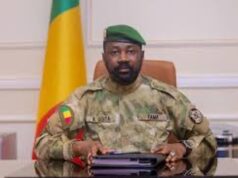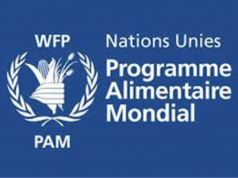Tunisian President Kaïs Saïed promulgated the new Constitution on Wednesday, the day after the announcement of the official results of the July 25 referendum, according to which a large majority of voters (94.6%) voted in favor of the said Constitution.
“Today we live a historic day, which is in no way less important than that of July 25 of the current year and that of last year (…) This day reflects the congruence between the constitutional legitimacy and popular legitimacy, even revolutionary legitimacy,” declared the Head of State in a televised speech.
Kaïs Saïed continues his controversial actions that he started last year, to the chagrin of the opposition. In July 2021, he dissolved Parliament and then dismissed the then Prime Minister. Subsequently, he appointed a new executive and carried out other initiatives, including the replacement of the Superior Council of the Judiciary by a “temporary” body.
Now it is the turn of the new Constitution to come into force. Many Tunisians do not recognize themselves in this text and most expressed their opposition by boycotting the referendum. According to the Independent High Authority for Elections (Isie), the poll recorded a turnout of 30.5%. For some observers, this very low rate should lead to the outright cancellation of the referendum.
According to the opposition, the new fundamental law clearly strengthens the powers of the head of state and breaks with the Constitution in force since 2014. The president has the possibility of appointing and dismissing, according to his goodwill, the head of government as well as ministers. On the other hand, no dismissal procedure concerning him is provided for in the text.
The president defended that “rights and freedoms are protected by the New Constitution”. He also announced that a new electoral law will soon be drafted, and the Constitutional Court will also be set up soon in order to “preserve the Constitution”.
By OMA Newsletter N° 828 of 18/08/2022
Article published under the direction of Dr. Najib Kettani
The OMA, NGO with an Intercontinental vocation
For the development of cultural exchanges
Valuing human potential
The promotion and consolidation of Africa’s development, and
Inter-African integration









